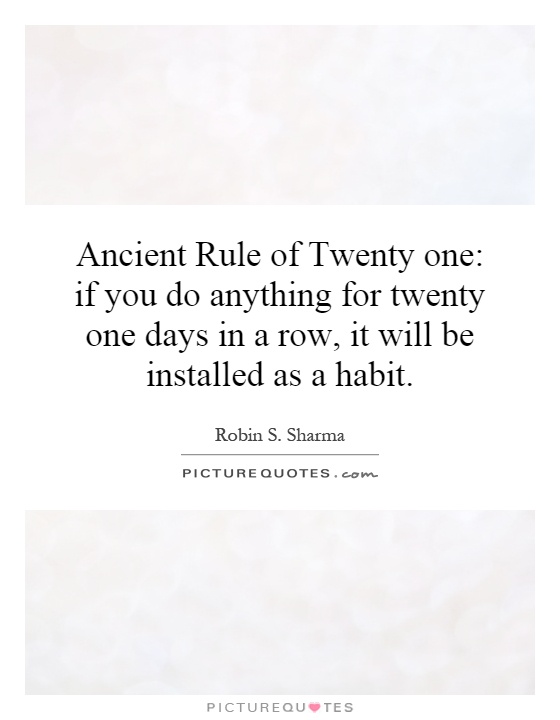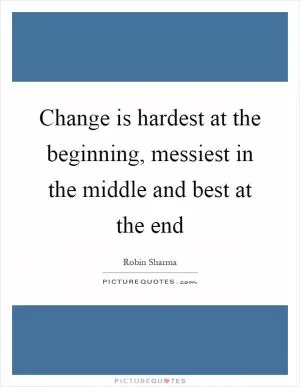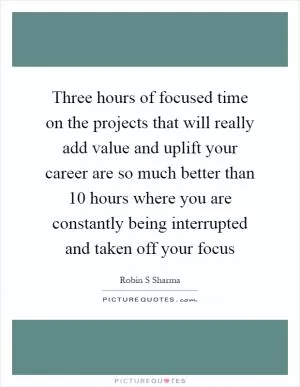Ancient Rule of Twenty one: if you do anything for twenty one days in a row, it will be installed as a habit

Ancient Rule of Twenty one: if you do anything for twenty one days in a row, it will be installed as a habit
The Ancient Rule of Twenty-One is a concept that has been passed down through generations, believed to have originated from ancient wisdom and teachings. This rule states that if you do anything consistently for twenty-one days in a row, it will become a habit that is deeply ingrained in your daily routine. This idea has been embraced by many self-help gurus and motivational speakers, including renowned author and leadership expert Robin S. Sharma.Robin S. Sharma is a firm believer in the power of habits and the impact they can have on our lives. He often emphasizes the importance of developing positive habits that can lead to personal growth and success. According to Sharma, habits are the building blocks of our lives, shaping our thoughts, actions, and ultimately our destinies. By following the Ancient Rule of Twenty-One, we can consciously create habits that align with our goals and aspirations.
Sharma encourages his followers to commit to a new habit for twenty-one days, believing that this timeframe is enough to rewire the brain and create lasting change. Whether it's waking up early, exercising regularly, or practicing gratitude, Sharma believes that consistency is key to forming habits that will serve us well in the long run.
One of Sharma's most popular books, "The Monk Who Sold His Ferrari," explores the power of habits and the transformation that can occur when we commit to positive change. In the book, the protagonist embarks on a journey of self-discovery and enlightenment, learning valuable lessons about the importance of cultivating good habits and letting go of destructive patterns.












 Friendship Quotes
Friendship Quotes Love Quotes
Love Quotes Life Quotes
Life Quotes Funny Quotes
Funny Quotes Motivational Quotes
Motivational Quotes Inspirational Quotes
Inspirational Quotes